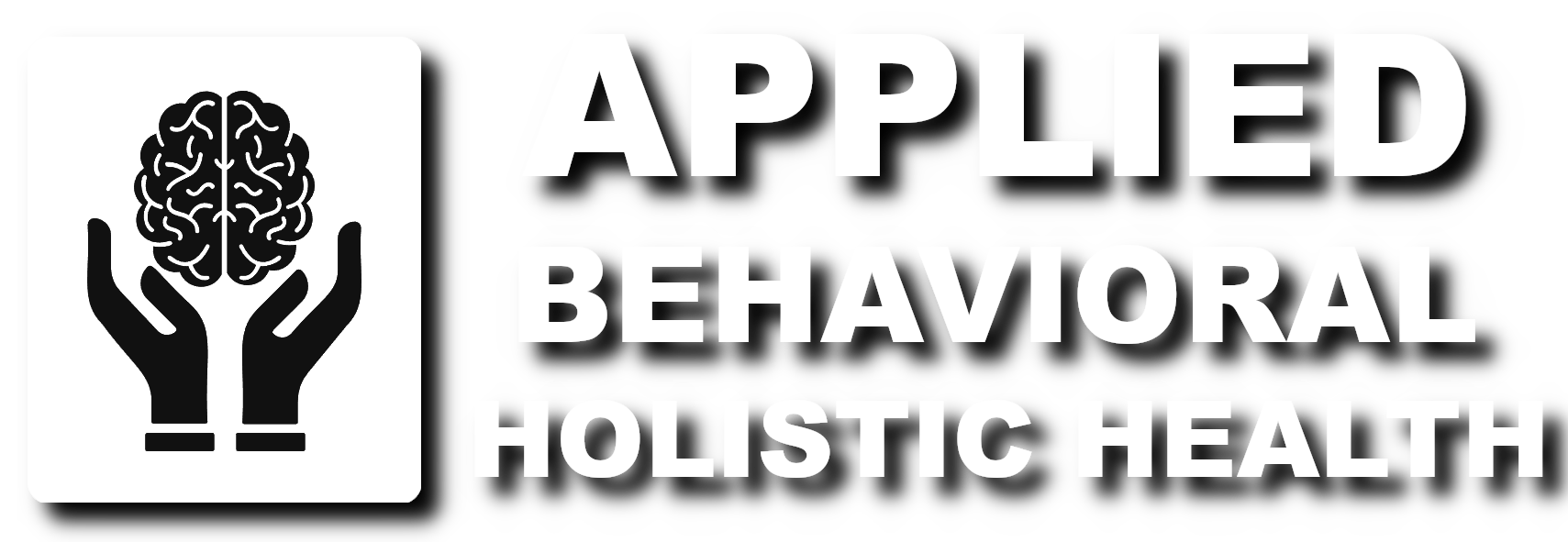Have you ever wondered how societal pressures and personal struggles can shape our relationship with food? Eating disorders are complex mental health conditions that go beyond mere issues with eating habits. They often stem from a combination of genetic, psychological, and environmental factors, leading to unhealthy behaviors such as extreme dieting, binge eating, or purging. These disorders can have severe physical and emotional consequences, affecting every aspect of a person’s life. Understanding the root causes and recognizing the signs of eating disorders is crucial for providing the necessary support and treatment to those affected, helping them regain a healthy relationship with food and their bodies.
Visualize staring at your reflection in the mirror, but instead of seeing yourself, you see a distorted image shaped by deep-seated fears and insecurities. This is the harsh reality for millions who struggle with eating disorders, where what’s on the outside is inextricably linked to a chaotic world within. Eating disorders are not just about food; they are complex mental health conditions that intertwine with identity, emotions, and self-worth. These disorders, ranging from anorexia and bulimia to binge eating disorder, often stem from a myriad of psychological, biological, and social factors. They can grip individuals with an iron fist, making daily life a battleground of self-control, shame, and confusion. Understanding and addressing these disorders require more than just treating symptoms—it demands compassion, comprehensive care, and a deep dive into the intricate web of influences that shape one’s relationship with food.
Eating disorders can manifest in various forms, each with its own set of symptoms and challenges. Anorexia nervosa is characterized by extreme food restriction, an intense fear of gaining weight, and a distorted body image. Individuals with anorexia often see themselves as overweight, even when they are dangerously underweight. Bulimia nervosa involves cycles of binge eating followed by purging behaviors, such as vomiting or excessive exercise, to prevent weight gain. This cycle can cause severe damage to the digestive system and lead to electrolyte imbalances. Binge-eating disorder is marked by recurrent episodes of eating large quantities of food, often quickly and to the point of discomfort, accompanied by feelings of loss of control and shame. Unlike bulimia, binge-eating episodes are not followed by purging, which can result in obesity and related health issues.
The impact of eating disorders extends beyond physical health. They can severely affect an individual’s emotional well-being, relationships, and daily functioning. Many people with eating disorders also experience co-occurring mental health conditions, such as depression, anxiety, and substance abuse. The stigma and misunderstanding surrounding these disorders can exacerbate feelings of isolation and shame, making it even harder for individuals to seek help. Early intervention and comprehensive treatment, including medical, nutritional, and psychological support, are crucial for recovery.
Creating a supportive environment for those struggling with eating disorders involves educating ourselves and others about the realities of these conditions. It means challenging harmful stereotypes and promoting body positivity and self-acceptance. By fostering a culture of empathy and understanding, we can help those affected by eating disorders feel seen, heard, and supported on their journey to recovery. Together, we can work towards a world where everyone can have a healthy relationship with food and their bodies.



